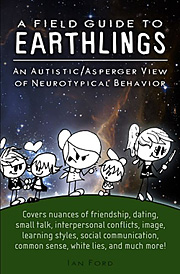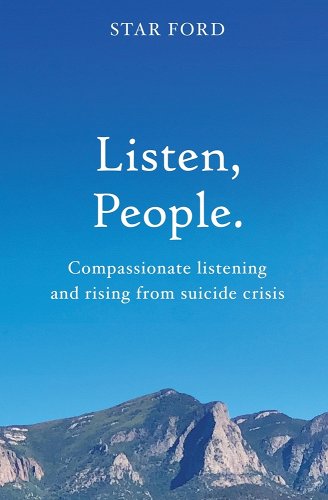 Nina Tannenwald
Nina Tannenwald
The Nuclear Taboo
The United States and the Non-Use of Nuclear Weapons Since 1945
Cambridge University Press
Why have nuclear weapons not been used since Hiroshima and Nagasaki in 1945? Nina Tannenwald disputes the conventional answer of ‘deterrence’ in favour of what she calls a nuclear taboo – a widespread inhibition on using nuclear weapons – which has arisen in global politics. Drawing on newly released archival sources, Tannenwald traces the rise of the nuclear taboo, the forces that produced it, and its influence, particularly on US leaders. She analyzes four critical instances where US leaders considered using nuclear weapons (Japan 1945, the Korean War, the Vietnam War, and the Gulf War 1991) and examines how the nuclear taboo has repeatedly dissuaded US and other world leaders from resorting to these ‘ultimate weapons’. Through a systematic analysis, Tannenwald challenges conventional conceptions of deterrence and offers a compelling argument on the moral bases of nuclear restraint as well as an important insight into how nuclear war can be avoided in the future.
Nina Tannenwald is the Director of the International Relations Program at the Watson Institute at Brown University.
 Star Ford
Star Ford
A Field Guide to Earthlings
An autistic/Asperger view of neurotypical behavior
Ian Ford Software Corporation
Autistic people often live in a state of anxiety and confusion about the social world, running into misunderstandings and other barriers. This book unlocks the inner workings of neurotypical behavior, which can be mysterious to autistics. Topics include the nuances of friendship, dating, small talk, interpersonal conflicts, image, learning styles, social communication, common sense, and white lies.
Proceeding from root concepts of language and culture through 62 behavior patterns used by neurotypical people, the book reveals how they structure a mental map of the world in symbolic webs of beliefs, how those symbols are used to filter perception, how they build and display their identity, how they compete for power, and how they socialize and develop relationships.
Star Ford is a freelance database programmer.
 Star Ford
Star Ford
Listen, People.
Compassionate Listening and Rising from the Suicide Crisis
Ian Ford Software Corporation
This book reveals how the Agora Crisis Center volunteer model has saved lives for 52 years and counting. The Agora model proves that:
- compassion is learnable and transformative for volunteers, taking only a small amount of training
- non-judgmental listening creates an open space for people in crisis to feel, heal, and rebuild autonomy
- warmth and sufficient time are essential ingredients in navigating a crisis
The Agora model has better outcomes and costs less than professional interventions, but despite this durable, ongoing success, the national US response to suicide crisis is going in the opposite direction: away from welcoming, unhurried, warm, and vulnerable human connections – towards more expensive, professional, rushed, and business-like interactions.